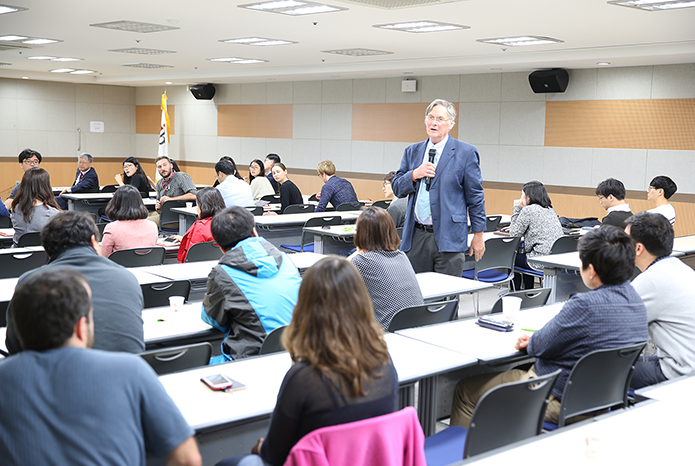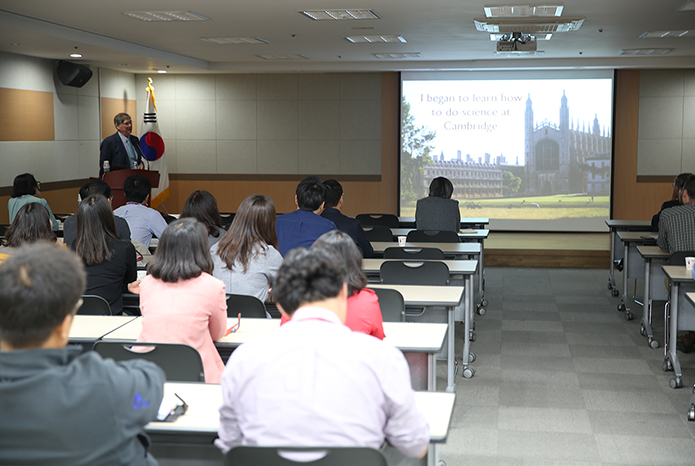주메뉴
- About IBS 연구원소개
-
Research Centers
연구단소개
- Research Outcomes
- Mathematics
- Physics
- Center for Theoretical Physics of the Universe(Particle Theory and Cosmology Group)
- Center for Theoretical Physics of the Universe(Cosmology, Gravity and Astroparticle Physics Group)
- Center for Exotic Nuclear Studies
- Center for Artificial Low Dimensional Electronic Systems
- Center for Underground Physics
- Center for Axion and Precision Physics Research
- Center for Theoretical Physics of Complex Systems
- Center for Quantum Nanoscience
- Center for Van der Waals Quantum Solids
- Chemistry
- Life Sciences
- Earth Science
- Interdisciplinary
- Institutes
- Korea Virus Research Institute
- News Center 뉴스 센터
- Career 인재초빙
- Living in Korea IBS School-UST
- IBS School 윤리경영


주메뉴
- About IBS
-
Research Centers
- Research Outcomes
- Mathematics
- Physics
- Center for Theoretical Physics of the Universe(Particle Theory and Cosmology Group)
- Center for Theoretical Physics of the Universe(Cosmology, Gravity and Astroparticle Physics Group)
- Center for Exotic Nuclear Studies
- Center for Artificial Low Dimensional Electronic Systems
- Center for Underground Physics
- Center for Axion and Precision Physics Research
- Center for Theoretical Physics of Complex Systems
- Center for Quantum Nanoscience
- Center for Van der Waals Quantum Solids
- Chemistry
- Life Sciences
- Earth Science
- Interdisciplinary
- Institutes
- Korea Virus Research Institute
- News Center
- Career
- Living in Korea
- IBS School
News Center
| Title | Nobel Laureate Gives Special Talk at IBS | ||||
|---|---|---|---|---|---|
| Name | Department of Communications | Registration Date | 2015-10-15 | Hits | 3326 |
| att. |
 thumb.png
thumb.png
|
||||
|
Nobel Laureate Gives Special Talk at IBSSir Tim Hunt delivered his talk “How to Win a Nobel Prize-The Secrets of Cell Divison“
Sir Tim Hunt, the 2001 Nobel Prize winner in Physiology or Medicine and Scientific Advisory Board member, was warmly received in Daejeon where he gave a wide ranging and colloquial talk on his expansive career as a biochemist, culminating in his Nobel Prize which he subsequently gave away to the University of Cambridge. “I owed them a huge debt for the education I received and, it’s certainly safer than a bank” chimed the amiable doctor. Born in 1943, the Nobel laureate spent his early years in Liverpool before moving south to London. He showed great promise as a chemist from his earliest days in school. “I had wonderful teachers, especially my biology teacher, a German scientist named Gerd Sommerhoff, he made a great impression on me and advanced my interest in science.” The precocious boy quickly grew into a talented scientist after his acceptance to Cambridge University where he studied biochemistry. He attended a lecture in 1965 by Veron Ingram on hemoglobin synthesis, which acted as a catalyst for his search ‘on something which was unknown’, and it would later form the basis for his thesis in 1969. Doctor Hunt travelled and researched extensively all over the globe. His big breakthrough occurred in the early 1980’s when, researching in Maine, United States, he discovered cyclins – proteins that form and degrade during each cell cycle. He showed that cyclins degrade periodically at each cell division, a mechanism that proved important for cell cycle control.
This discovery proved crucial many years later when a trio of chemists - Tim Hunt, Leland Hartwell and Paul Nurse made, according to the official Nobel Prize press release, “seminal discoveries concerning the control of the cell cycle. They identified key molecules that regulate the cell cycle in all eukaryotic organisms, including yeasts, plants, animals and human. These fundamental discoveries have a great impact on all aspects of cell growth. Defects in cell cycle control may lead to the type of chromosome alterations seen in cancer cells. This may in the long term open new possibilities for cancer treatment.” Doctor Hunt concluded his talk with a brief QnA session.
|
|||||
| Next | |
|---|---|
| before |
- Content Manager
- Public Relations Team : Suh, William Insang 042-878-8137
- Last Update 2023-11-28 14:20













